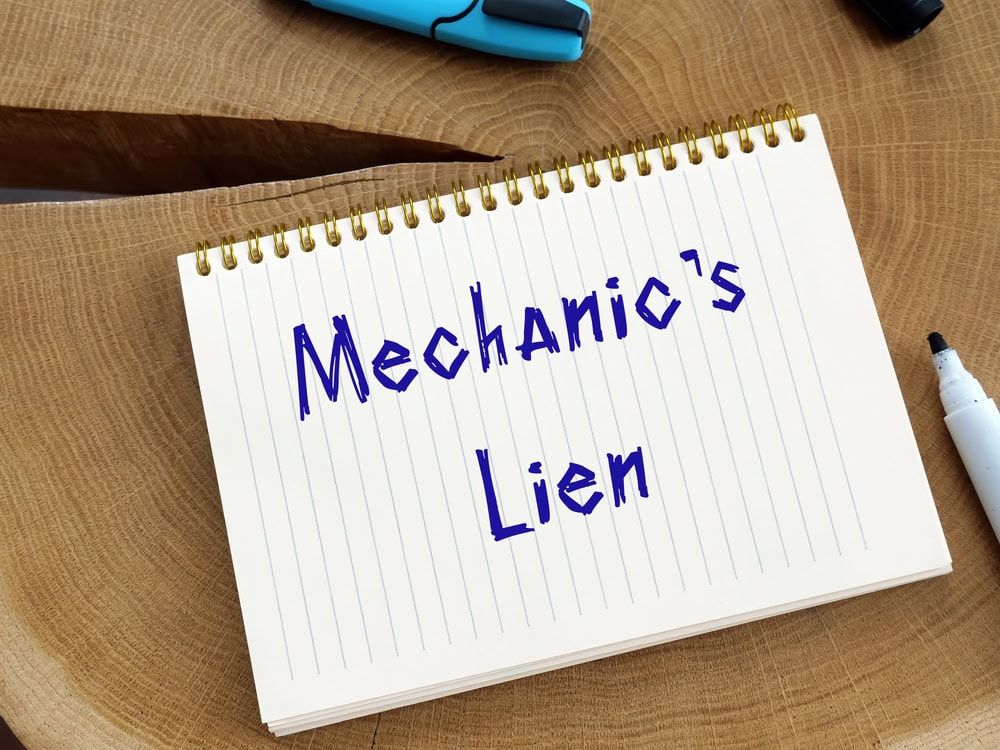Guide to Mechanics Liens for California Contractors
While most construction jobs go off without a (relative) hitch, there are always those jobs where someone doesn’t get paid. In that situation, the contractor or subcontractor has to rely on legal recourse to get the money as agreed in the contract. The legal recourse available to contractors when it comes to not receiving payment … Read more










